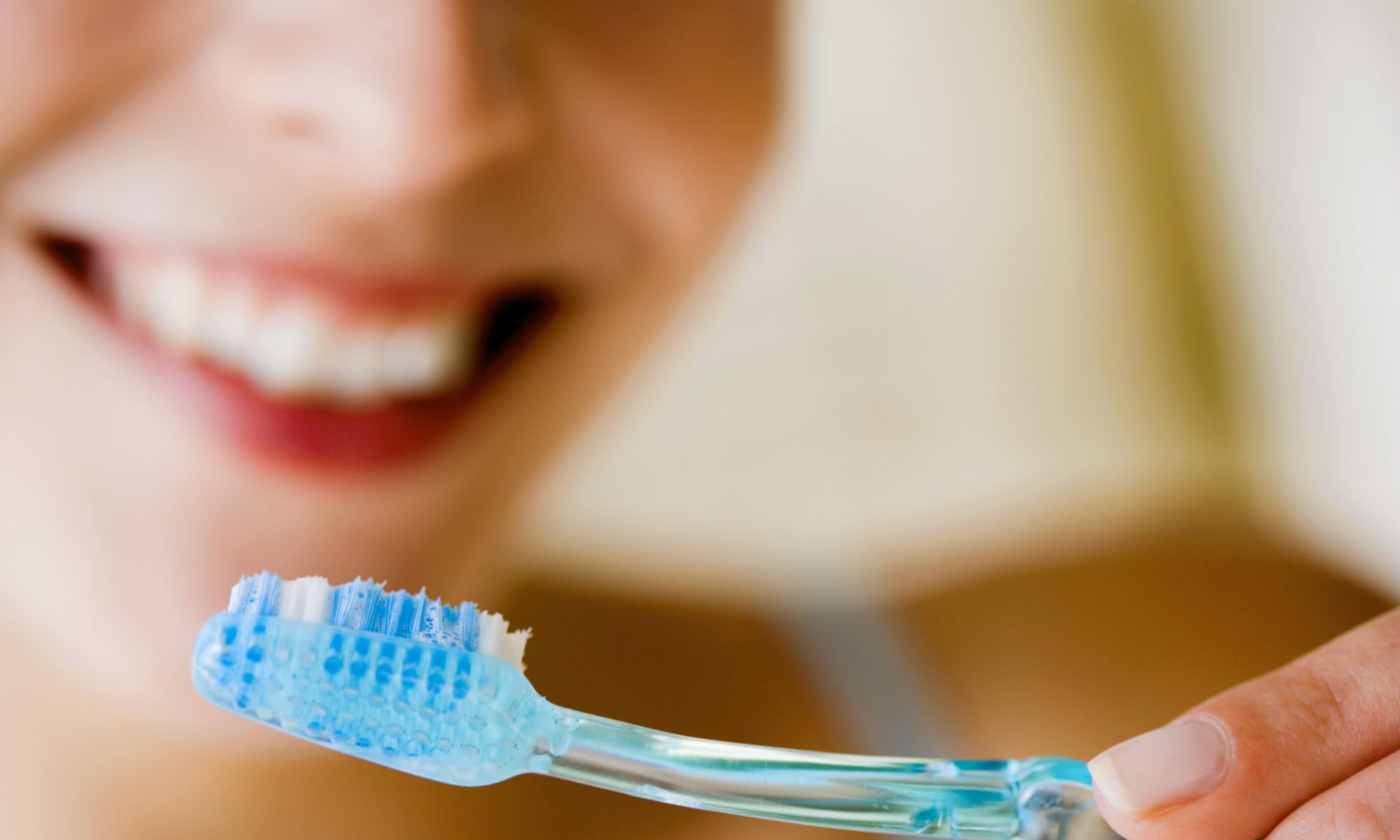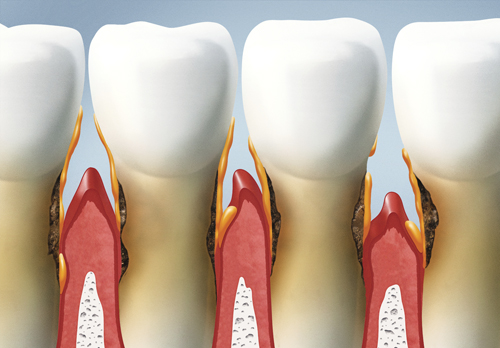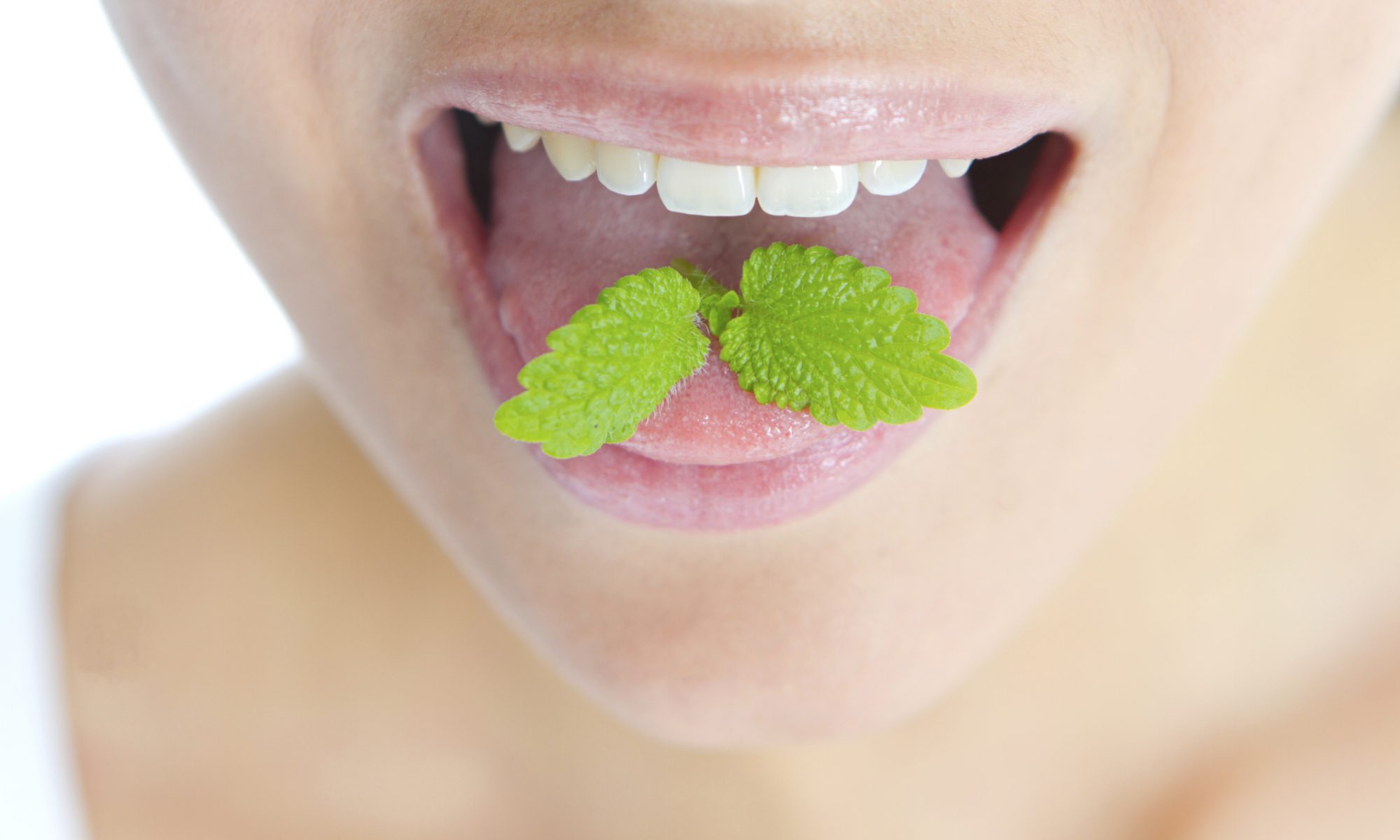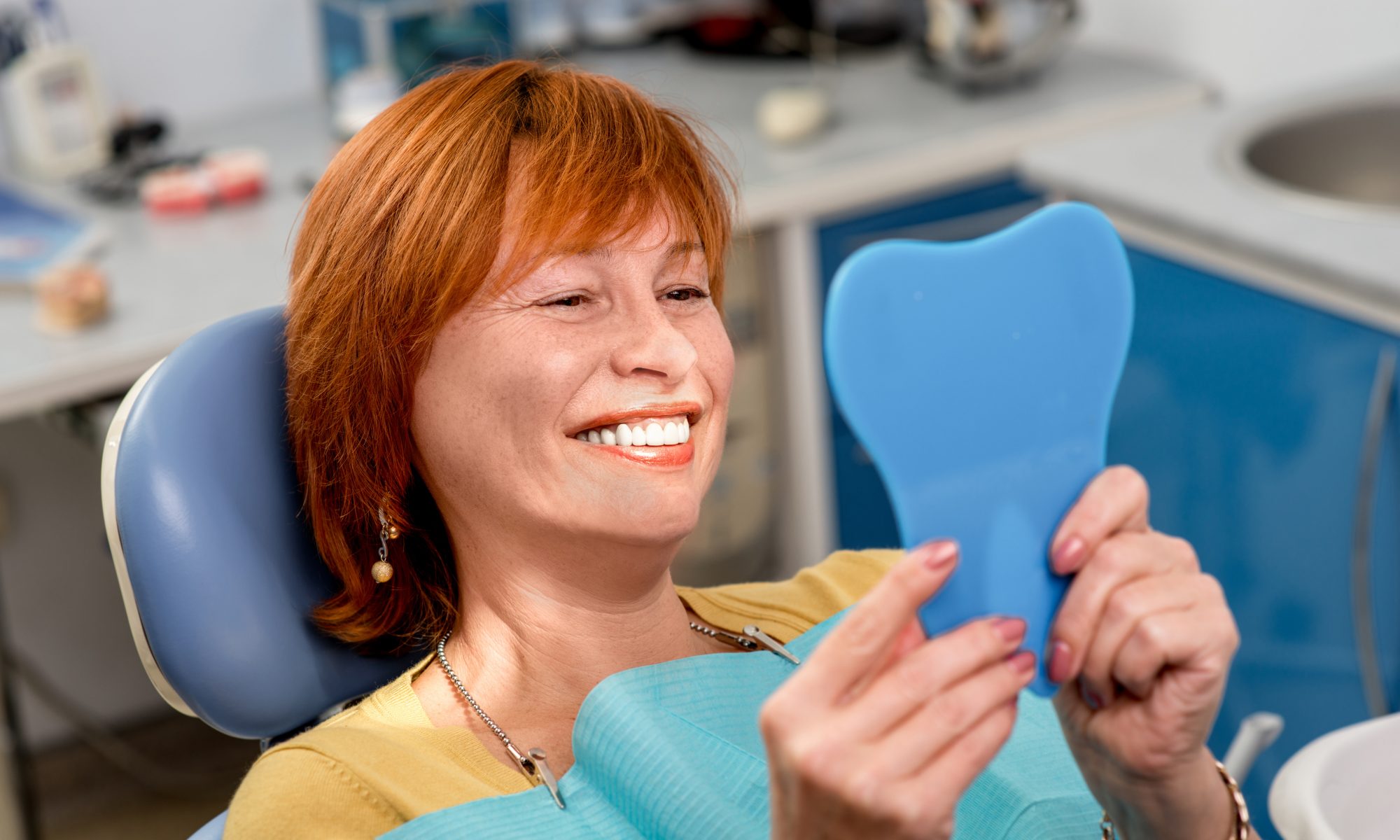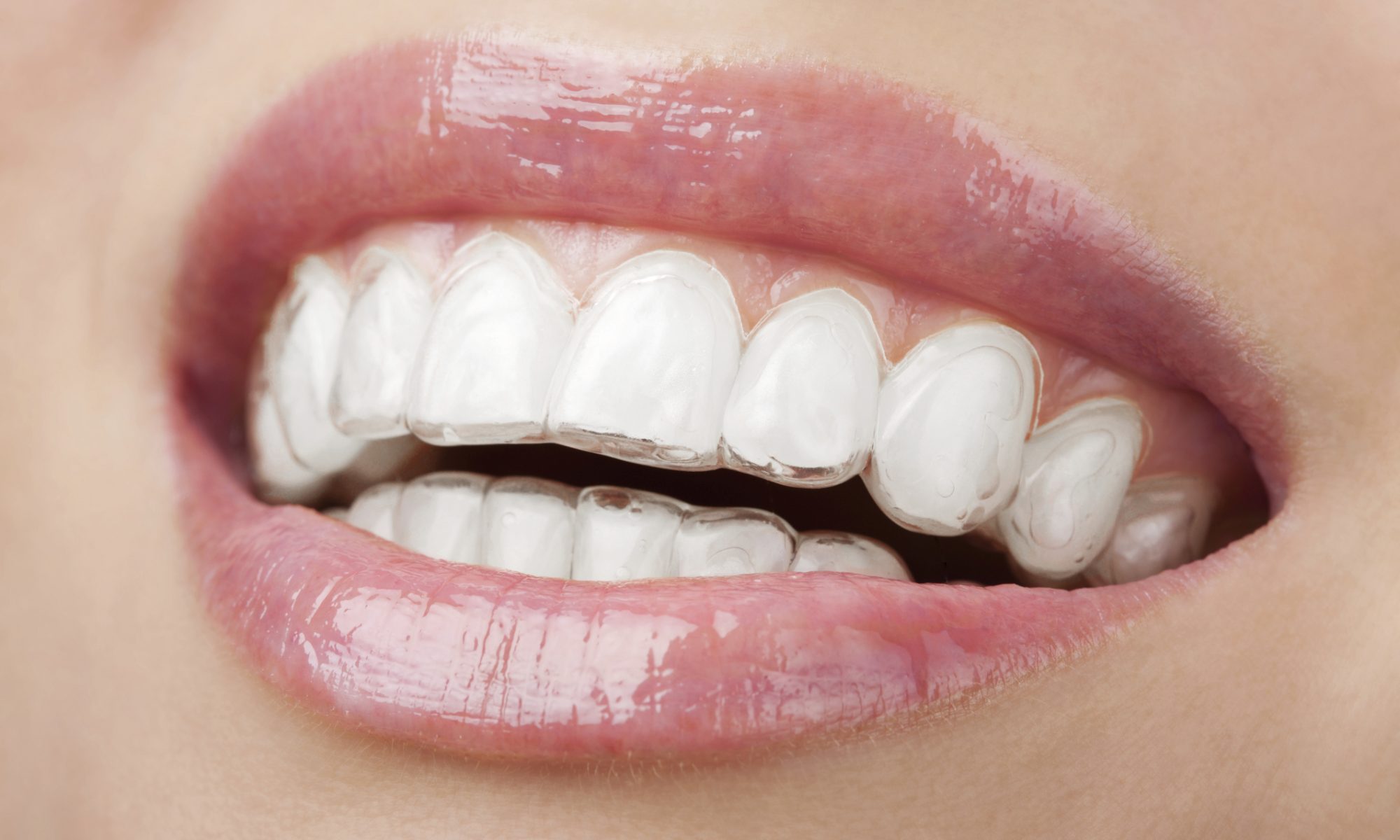Maintaining optimal oral health is crucial for overall well-being, and dental insurance plays a pivotal role in ensuring access to quality dental care. In this comprehensive guide, we will explore the intricacies of dental insurance, empowering you with knowledge to make informed decisions about your oral health coverage.
Continue reading “Understanding Dental Insurance | Huntington Beach Dentist”The Different Ways a Tooth May Crack | Huntington Beach Dentist
A smile is often considered one of the most powerful expressions, but what happens when that smile is marred by the unexpected – a cracked tooth? The human dentition, while resilient, is not impervious to damage. In this article, we delve into the various factors that contribute to the cracking of teeth, shedding light on the silent culprit behind this common dental concern.
Continue reading “The Different Ways a Tooth May Crack | Huntington Beach Dentist”How To Help Your Kids Enjoy The Dentist | Huntington Beach Dentist
A trip to the dentist often invokes anxiety for both children and parents alike. However, transforming the dental visit into a positive and enjoyable experience is crucial for fostering good oral health habits from a young age. In this blog post, we’ll explore effective strategies to help kids not only overcome their dental fears but actually look forward to their visits.
Continue reading “How To Help Your Kids Enjoy The Dentist | Huntington Beach Dentist”Seven Tips for Effective Tooth Brushing | Huntington Beach Dentist
A sparkling smile not only enhances your appearance but also reflects good oral health. One of the simplest yet crucial habits to maintain that bright smile is proper tooth brushing. In this blog post, we’ll explore seven effective ways to brush your teeth, ensuring your dental hygiene is top-notch.
Continue reading “Seven Tips for Effective Tooth Brushing | Huntington Beach Dentist”How Sugar and Oral Bacteria Interact | Huntington Beach Dentist
The human mouth is a bustling ecosystem, home to a diverse community of microorganisms, including bacteria. While these microscopic residents play crucial roles in maintaining oral health, an intricate dance unfolds when sugar enters the scene. This blog post delves into the fascinating interaction between sugar and bacteria in the mouth, shedding light on the consequences of this sweet partnership.
Continue reading “How Sugar and Oral Bacteria Interact | Huntington Beach Dentist”Understanding Tooth Layers and Functions | Huntington Beach Dentist
Our teeth are essential tools for eating, speaking, and maintaining a healthy smile. Understanding the anatomy of a tooth can help us appreciate the complexity of these remarkable structures and the importance of proper dental care.
Continue reading “Understanding Tooth Layers and Functions | Huntington Beach Dentist”How To Communicate Effectively With Your Dentist | Huntington Beach Dentist
Discussing your concerns with your dentist is paramount to making the most of your visits with them. You are responsible for the daily maintenance of your oral care, and while your dentist is there to prevent or treat major issues, they can’t know everything going on at home. It’s important to share anything that may be of concern for your ability to either maintain a proper routine and any complications you may be experiencing.
Continue reading “How To Communicate Effectively With Your Dentist | Huntington Beach Dentist”Understanding Dry Mouth Causes and Symptoms | Huntington Beach Dentist
Dry mouth can be caused by a natural inability of your glands to produce sufficient saliva, medication, aging issues, or as a result of radiation therapy. Dry mouth is a condition in which one’s salivary glands produce an insufficient amount of saliva to keep your mouth wet.
Continue reading “Understanding Dry Mouth Causes and Symptoms | Huntington Beach Dentist”Dental Specialties and The Differences Between Them | Huntington Beach Dentist
Believe it or not, not all dentists are the same. In fact, there is a variety of specialties within this field that allow individuals to specialize in different aspects of oral care. Here is a list of dental specialties, and the areas of focus they attend to.
Continue reading “Dental Specialties and The Differences Between Them | Huntington Beach Dentist”Cosmetic Dentistry Procedures | Huntington Beach Dentist
Cosmetic dentistry can transform the appearance of your teeth while retaining or enhancing your oral health. Cosmetic dentists may employ the use of anesthesia for surgical improvement, but most cosmetic procedures are non-invasive. If you are interested in improving the look of your smile with cosmetic dentistry, we’ve compiled some of the most common procedures you may consider.
Veneer Application – you can think of a veneer as a thin shell that fits over the surface of your existing teeth to improve the color, shape, size or length of teeth. Veneers are made of porcelain or a resin composite and permanently bonded to the teeth.
Gum Reshaping – when your gums appear more pronounced than your teeth, or your gemlike is uneven, a cosmetic dentist may recommend gum reshaping. Essentially, a small amount of gum or bone tissue is removed or contoured to even out the appearance of your gum line or tooth ratio.
Crowns – similar to a veneer, dental crowns are a porcelain or ceramic tooth look-alike that fits over a weak or damaged tooth. Crowns are made to fully encase the tooth and can last between five to 15 years depending on how well they are cared for.
Braces – these are within the realm of cosmetic dentistry because braces shift the teeth into the optimal positions for your bite and mouth size. Braces are one of the most common procedures a cosmetic dentist may perform, as tooth alignment is just as much about oral health as it is aesthetics.
Teeth Whitening – a common procedure for cosmetic dentists is teeth whitening. Coffee, tobacco, alcohol, predisposition, and many other things can contribute to a less-than-white smile. If over-the-counter methods haven’t quite worked to bring back your pearly whites, you may consider speaking with a cosmetic dentist for a more intense treatment.
Dental Bonding– for chipped, cracked, or gapped teeth, your dentist will apply a tooth-colored resin to the chipped area. They will layer resin, utilizing a UV light to harden it as they go, in order to build back the original look of the chipped tooth or teeth.
If you would like to find out more about cosmetic dentistry, contact Dr. Gamarnik at 714-842-5626 to schedule a consultation or visit www.hbadvanceddentalspecialists.com for additional information.
Dr. Rudy Gamarnik proudly serves Huntington Beach and all surrounding areas.




